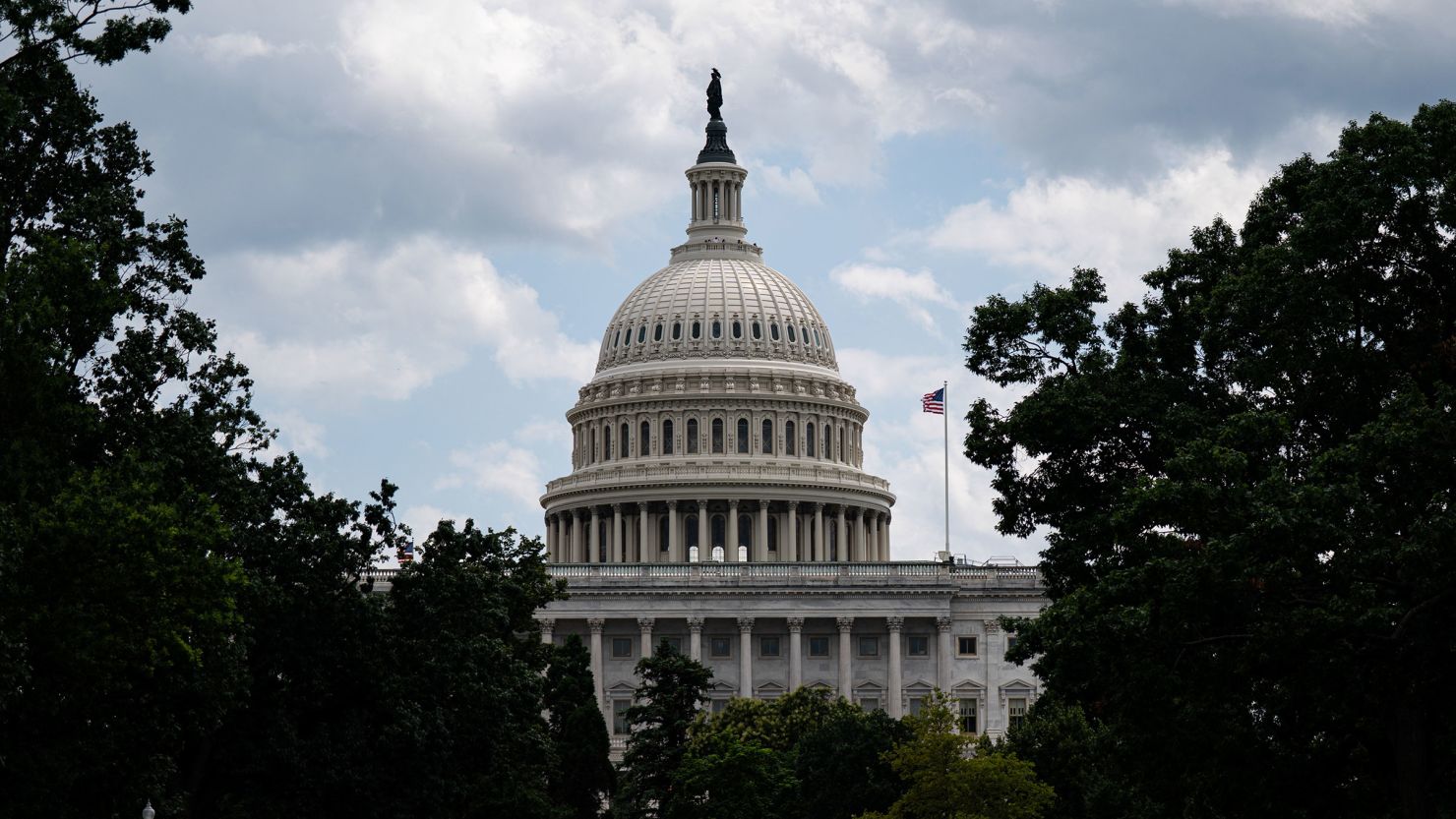Articles in this Cluster
18-07-2025
The House of Representatives passed a rescissions package that cuts $9 billion in previously approved federal funding, with $8 billion coming from the US Agency for International Development and over $1 billion from the Corporation for Public Broadcasting, which funds PBS and NPR. The bill passed 216-213, with two Republicans joining all present Democrats in opposition. The measure had previously passed the Senate and will now head to President Trump's desk for his signature.
18-07-2025
The US House of Representatives passed a $9 billion spending cuts package, a key priority for President Donald Trump, with a vote of 216-213. The package, part of Trump's Department of Government Efficiency efforts, includes $8 billion in cuts to foreign aid programs and $1.1 billion from the Corporation for Public Broadcasting. The measure was passed under an obscure presidential budget law that circumvented the Senate filibuster, marking a significant win for Trump and conservatives. The bill will now head to Trump's desk to be signed into law.
18-07-2025
The House of Representatives has approved a plan to rescind $9 billion in previously allocated funds, including $1.1 billion for the Corporation for Public Broadcasting (CPB), which funds NPR and PBS. The vote was 216-213, with nearly all Republicans supporting the measure. The cut eliminates federal funding for NPR, PBS, and their member stations. The bill now goes to President Trump for his signature. NPR and PBS leaders have criticized the move, warning that it could force many local stations to shut down, particularly those serving rural or underserved areas. A recent poll found that 66% of Americans support federal funding for public radio.
18-07-2025
Republican lawmakers in Congress expressed concerns about handing over spending power to President Trump, but ultimately voted to rescind $9 billion in federal funding for foreign aid and public broadcasting, despite lacking details on specific cuts. The decision was seen as a significant move, as Congress has historically guarded its power over spending. Some lawmakers justified their vote by citing the need to rein in the nation's debt, while others worked behind the scenes to protect specific programs. The White House budget director has indicated that more rescissions packages are forthcoming, a move that some lawmakers said could disregard the constitutional responsibilities of the legislative branch.
18-07-2025
The House has given final approval to a measure that would eliminate $1.1 billion in funding for the Corporation for Public Broadcasting, which funds NPR and PBS, sending it to President Trump for his signature. The cuts threaten over 100 TV and radio stations that serve millions of Americans in rural areas, potentially causing a "doom loop" that could lead to further station closures. The affected stations rely on federal funding for at least 30% of their budgets, and some serve counties with limited access to local news. Republicans have long tried to defund public media, citing a perceived liberal bias, but have previously been unsuccessful. The measure passed largely along party lines, although some Republican senators in affected states, such as Alaska and Maine, voted against it.
